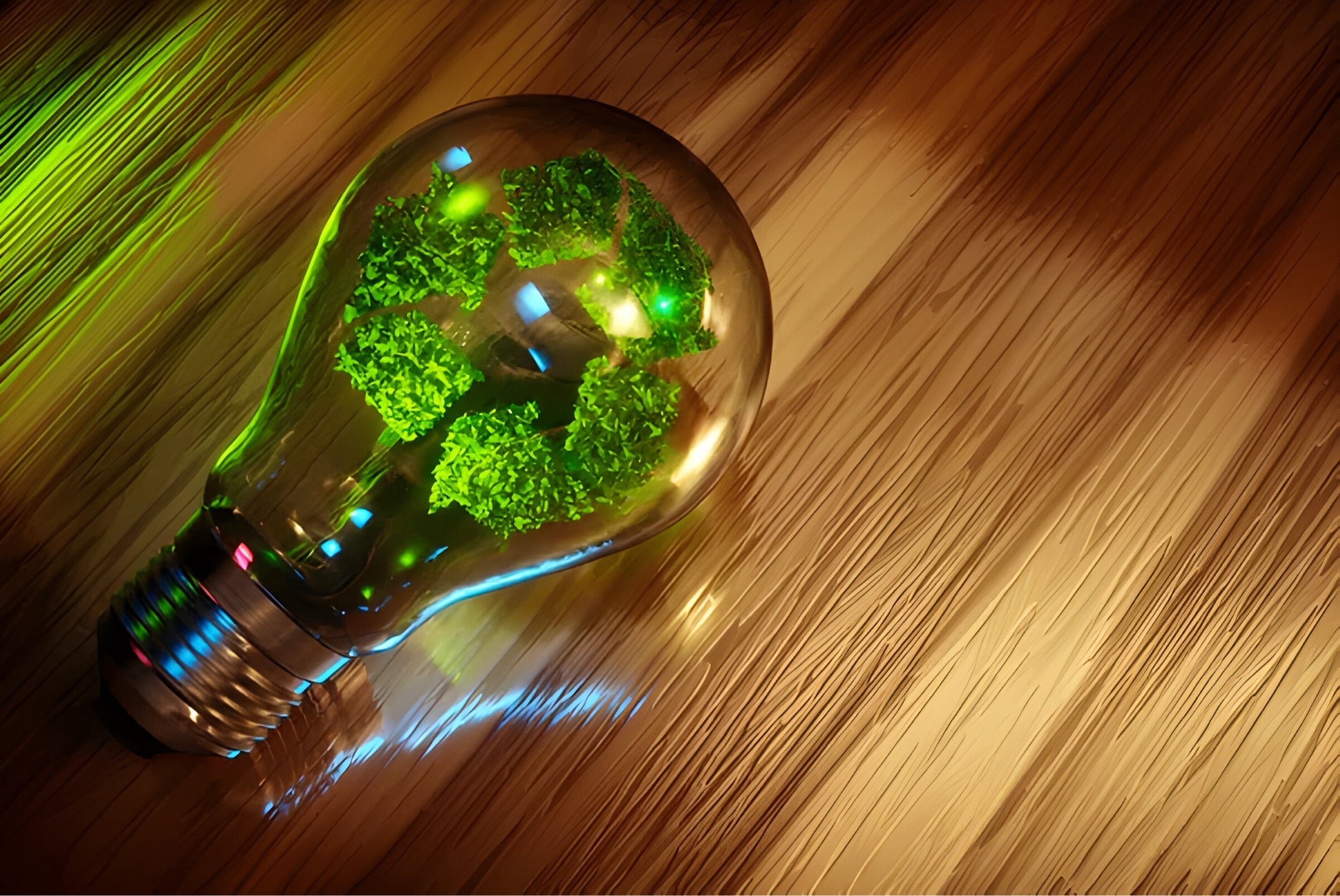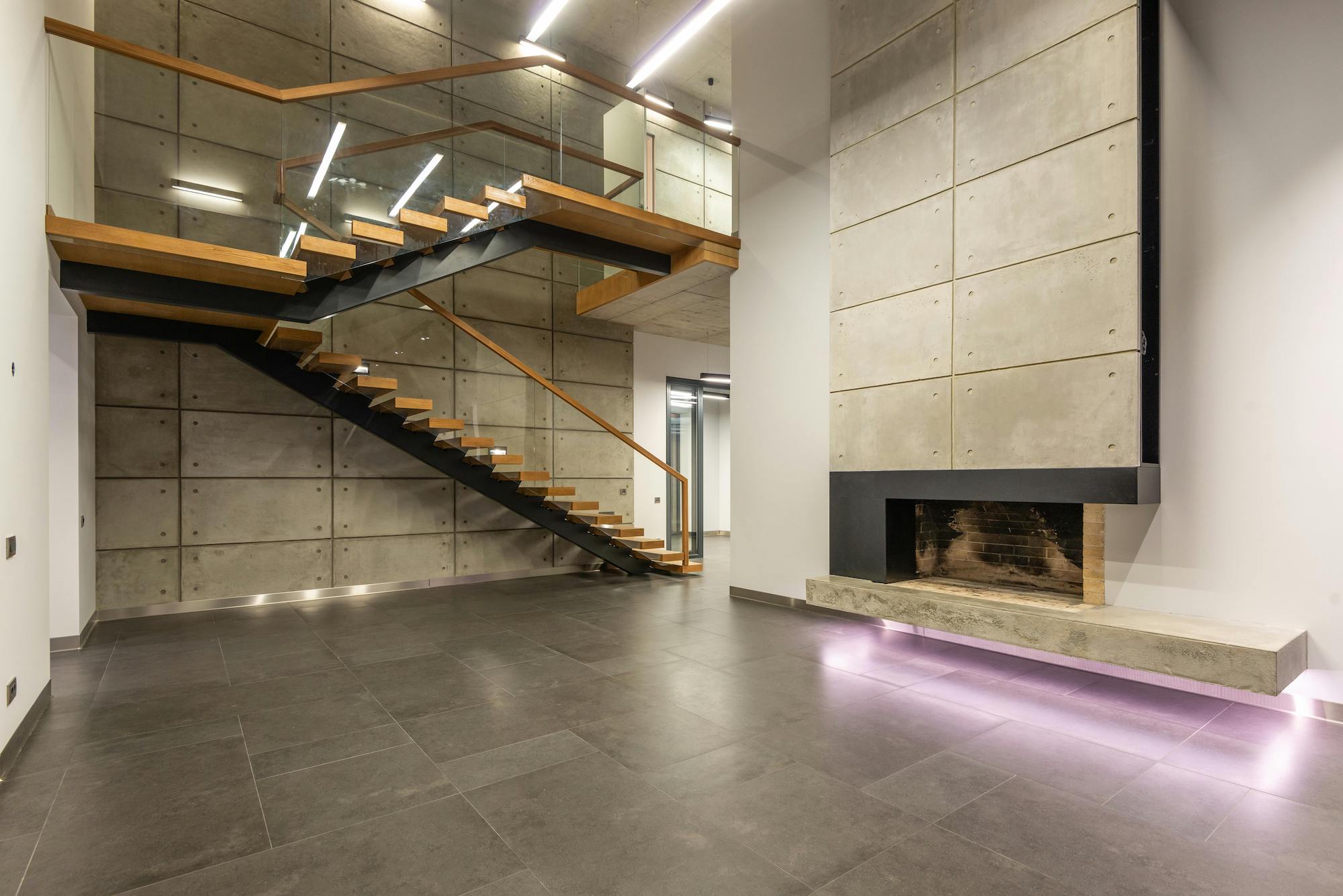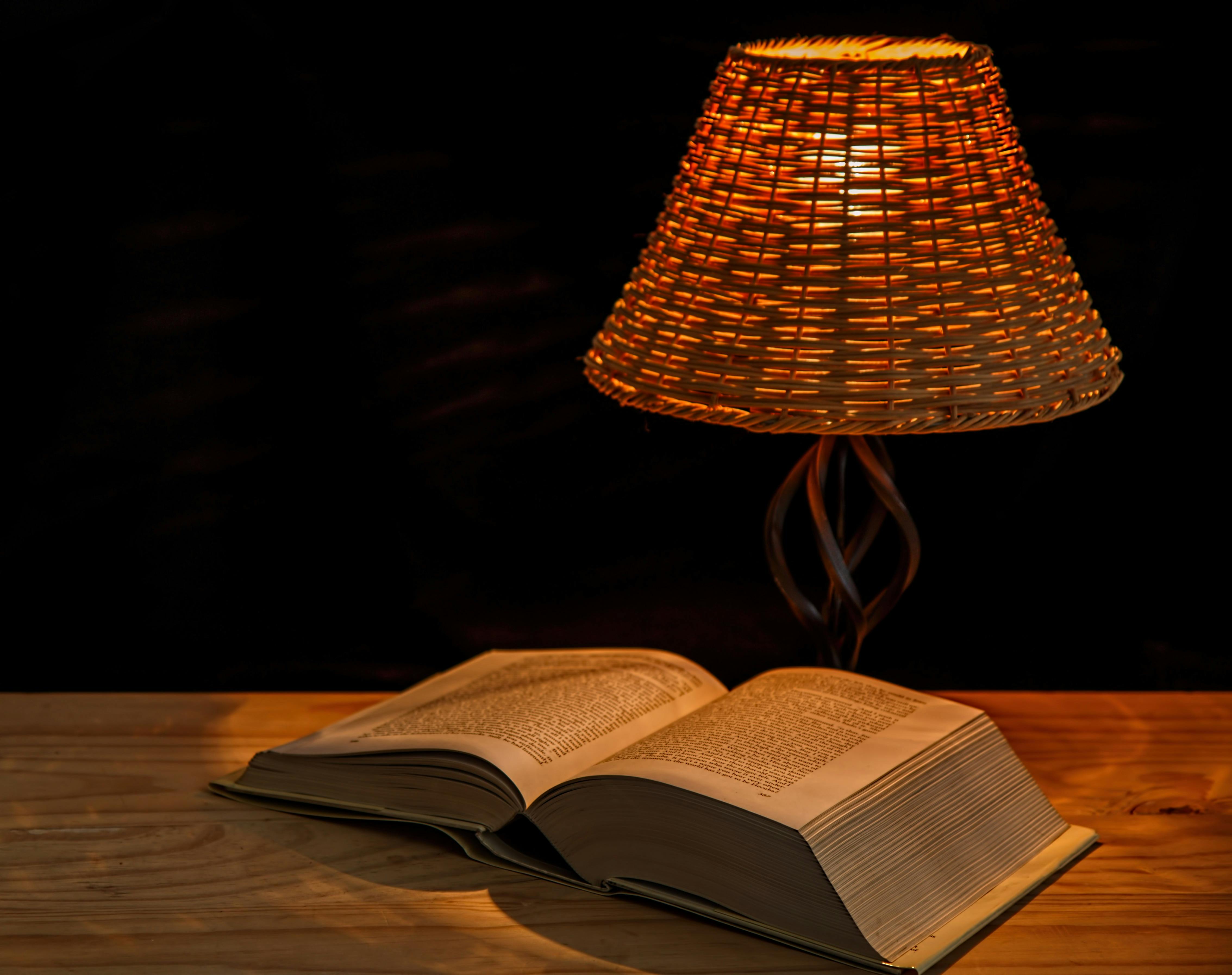
Lamp recycling: How to dispose of old and defective lamps correctly
At some point, even the best lamp will run out of time. The average service life of light sources is usually around 50,000 operating hours. Some light bulbs or LEDs last much longer, while others run out sooner. The correct disposal of the light source and sometimes even the entire lamp, for example when it has gone out of fashion, is now required.
Lamps consist of various components. The light source, the housing and the lampshade do not simply belong in the household waste, as some lamps may contain substances that are harmful to the environment, such as mercury, depending on the type. There are also appropriate options for disposing of the electrical components in an ecological and sustainable manner, as many lamp components can also be recycled.
BUYnBLUE emphasizes environmentally conscious aspects and comprehensive advice for the benefit of customers and nature when selling its lamp models. In this article you will learn how to safely dispose of different types of lamps, comply with regulations and promote environmentally friendly practices.
Defective lamp, now what?
Before you banish a faulty lamp from your home for good, you have several options: When it's time to say goodbye to the old lamp for good, use this short guide on how to do it safely and responsibly, regardless of the lamp model:
- Check the lamp thoroughly! Check whether the lamp really cannot be repaired. A dirty lampshade can usually be washed without any problems and a defective bulb can simply be replaced. If the wiring is damaged or the electrical system is damaged, you should dispose of the lamp properly.
- Pay attention to your safety! If possible, wear gloves to avoid cutting yourself on broken glass and sharp edges. You should also be careful with fluorescent tubes, as the mercury component should be disposed of as hazardous waste.
- Be careful when dismantling the lamp! First remove the light bulb and lampshade before separating all metals and plastics.
- Recycle the different materials! Many lamps are made from recyclable elements. Pack glass parts carefully to avoid breakage.
- Dispose of the rest properly! Non-recyclable materials should be disposed of as hazardous waste in accordance with local waste disposal regulations.
Many parts of a lamp come from variable productions and are made from different materials. From the lampshade to the switch, numerous materials are used in a lamp such as a chic chandelier. Metal parts from the housing and suspension are disposed of in scrap metal, cables belong in electrical waste, glass and broken individual parts should be carefully wrapped, labeled and put in the glass recycling.
Not all lamps belong in household waste
Disposing of ordinary light bulbs is actually easy. Incandescent light bulbs, which are still the most commonly used light source, can be safely thrown away with household waste as they do not contain any harmful chemicals or materials.
Before disposing of a light bulb, always make sure that the lamp is disconnected from the power supply and that the bulb has cooled down. Otherwise there is a risk of painful burns and dangerous electrical accidents. Some towns and municipalities have special garbage cans for light bulbs, batteries and lamps. Find out whether the light bulb really belongs in the household waste.
Light bulbs are mainly made of delicate glass. If you cannot recycle the bulb and there is no hazardous waste in your area, wrap the bulb well and put it in the garbage can.
Mercury, the hidden danger
Because fluorescent lamps are very energy-efficient and long-lasting, they are often used in residential and business premises. If the lamp is defective, you must never dispose of it carelessly in household waste because fluorescent tubes and lamps contain small amounts of mercury.
Just as with normal light bulbs, you must first ensure that the lamp is definitely switched off and allow it to cool down. In many areas there are special collection points and special guidelines for the disposal of fluorescent lamps to protect the environment. Before carefully packing the lamp, separate all non-recyclable parts from the fluorescent lamp if possible and take it to the appropriate collection point.
If you drop the lamp and it breaks, open the windows and doors immediately to minimize the mercury in the air. Collect the individual parts in a sealable container and dispose of them properly. The area of the breakage should then be thoroughly cleaned.
The same procedure is recommended by BUYnBLUE for the disposal of compact fluorescent lamps. If the fluorescent bulbs are still intact, but you no longer find the design of the lamp appealing or want to change your interior style, there may still be a happy buyer for your lamp. The longevity and many timeless designs are very popular.
Disposing of mercury-free lamps
Halogen lamps do not contain mercury, but must be disposed of separately due to their nature. Disconnect the lamp from the mains plug and wait until it has cooled down properly. A halogen lamp can become very hot and is very fragile. Therefore, be careful to avoid burns and injuries.
Observe the local regulations for environmentally friendly and safe disposal. The halogen glass cannot be recycled and in some places it must be well wrapped and disposed of with household waste. The original cardboard box or a good padding provides the correct packaging in the waste.
Recycle LED lamps
LED lamps save you energy and electricity costs. Low consumption and a long service life are making LEDs increasingly popular and in many households they are already replacing almost every known type of lamp.
Many Floor lamps and table lamps provide individual light and are often equipped with practical dimmers. With LEDs, you can choose creative lighting and light intensities and create a great ambience in your home. There are different versions of LED lamps. The advantage of these lamps is that almost every lamp is recyclable, as LEDs have modern technology.
LED lamps that are still intact can be sold or given away online via auction platforms and classified ad markets. In many regions, there are recycling centers that accept LED lamps and send them for further processing. If a lamp is defective or no longer works, handle it with care so as not to injure yourself and proceed as for the lamps mentioned above. Broken and destroyed lamps containing mercury can be dangerous. Always pay attention to your safety and that of your fellow human beings and avoid harmful consequences for nature.
Environmentally conscious, thanks to recycling lamps
Lamps are long-lasting and are usually thrown away when you move and refurnish your home. Children, who develop different tastes as they grow older, want a lamp to match their room and the good old floor lamp has to make way for a modern designer lamp. But you don't always have to throw away a lamp straight away.
Many lamps are designed in such a way that the lampshade, for example, can be replaced without any problems and the lamp can shine in a new light. If your old lamp doesn't match your new furnishing style at all, perhaps your neighbor or a friend will be delighted with it or the lamp will find a new place to shine in your garden or on the patio.
In many conservatories, lamps with a retro look provide a pleasant light and create a cozy atmosphere. Some lamps score points with their timeless design and are a real eye-catcher at various events. Outdoor parties and weddings can be wonderfully illuminated with different lighting concepts and older lamps are given a special appearance.
For theme parties and birthdays held in the barn, on your own property or in the woods, lamps are a wonderful addition to the decorations. Disused lamps also look fantastic in your garden among your flowers and cleverly set off the plants. LED lamps are very sustainable and can be easily integrated into a new lamp housing as required.
Be creative and let your imagination run wild. Nature will thank you for it and you won't have to part with your favorite lamp right away.
Disposing of old lamps - professionals with innovative ideas
If you want to be sure that you are disposing of your old lamp correctly, you will find professional contacts and a very informative platform that specializes in this at Lightcycle. Germany's leading take-back system for all types of lighting offers a well-founded overview of all recycling centers and collection points in your area. Here you will find valuable tips for the proper disposal of your lamp, information on legal guidelines and ideas and suggestions for innovative lighting concepts and the latest technologies.
A huge network of suppliers, consumers and specialists in the field of lamps and light ensures important environmental protection and the correct use of various light sources. If we all take care to use our resources carefully and responsibly, lamps and great lighting concepts will be even more fun, and not at the expense of nature.
We are the pioneers of modern lamp arrangements and want to work sustainably with our customers and the environment. That's why we move with the times and offer progressive and high-quality lamps in our range that will give you pleasure for a long time and are absolutely trendy. Whether trendy pendant lights, modern Floor lamps, trendy table lamps or lamps with the modern Tuya Smart System - our online lamp store leaves nothing to be desired.


